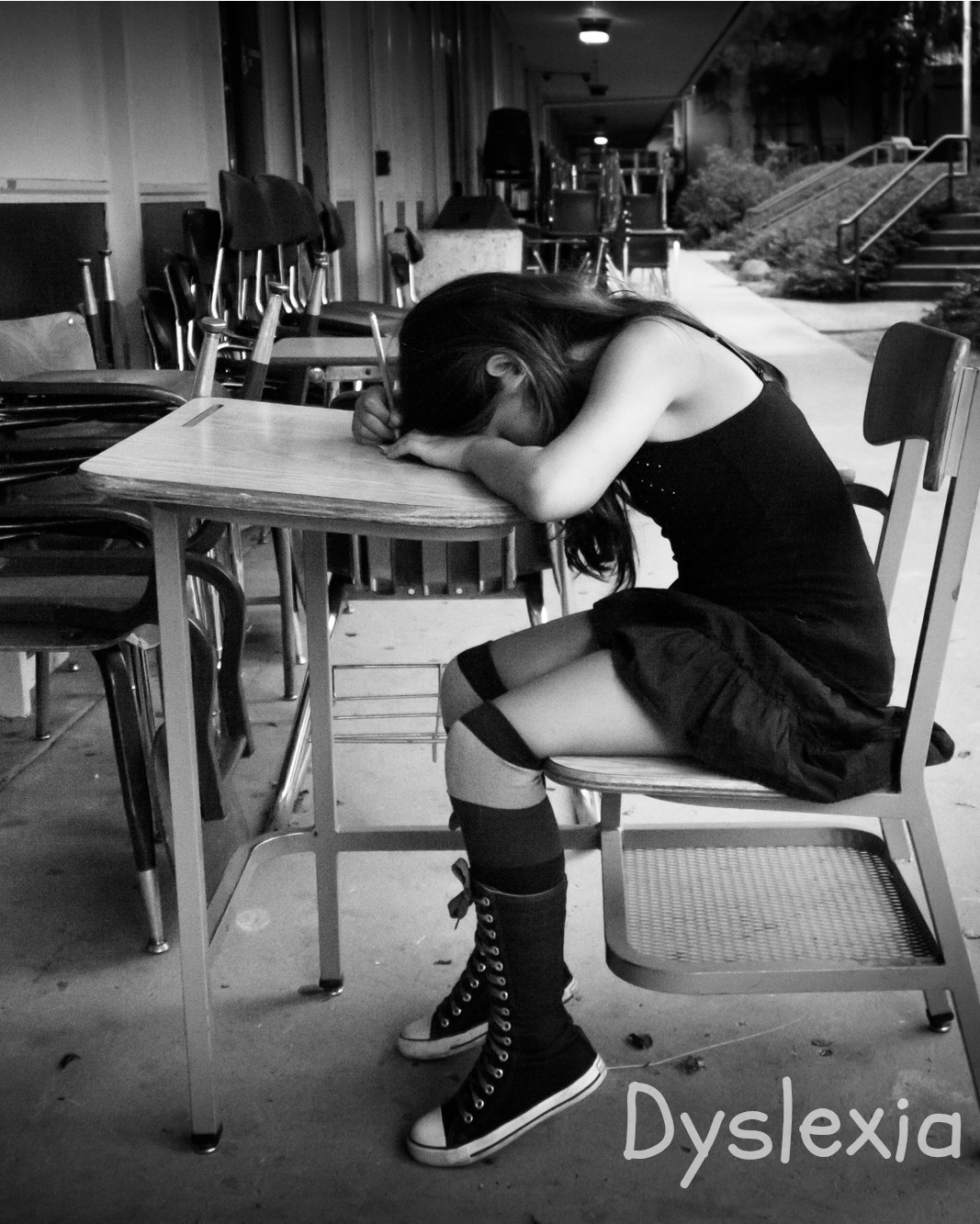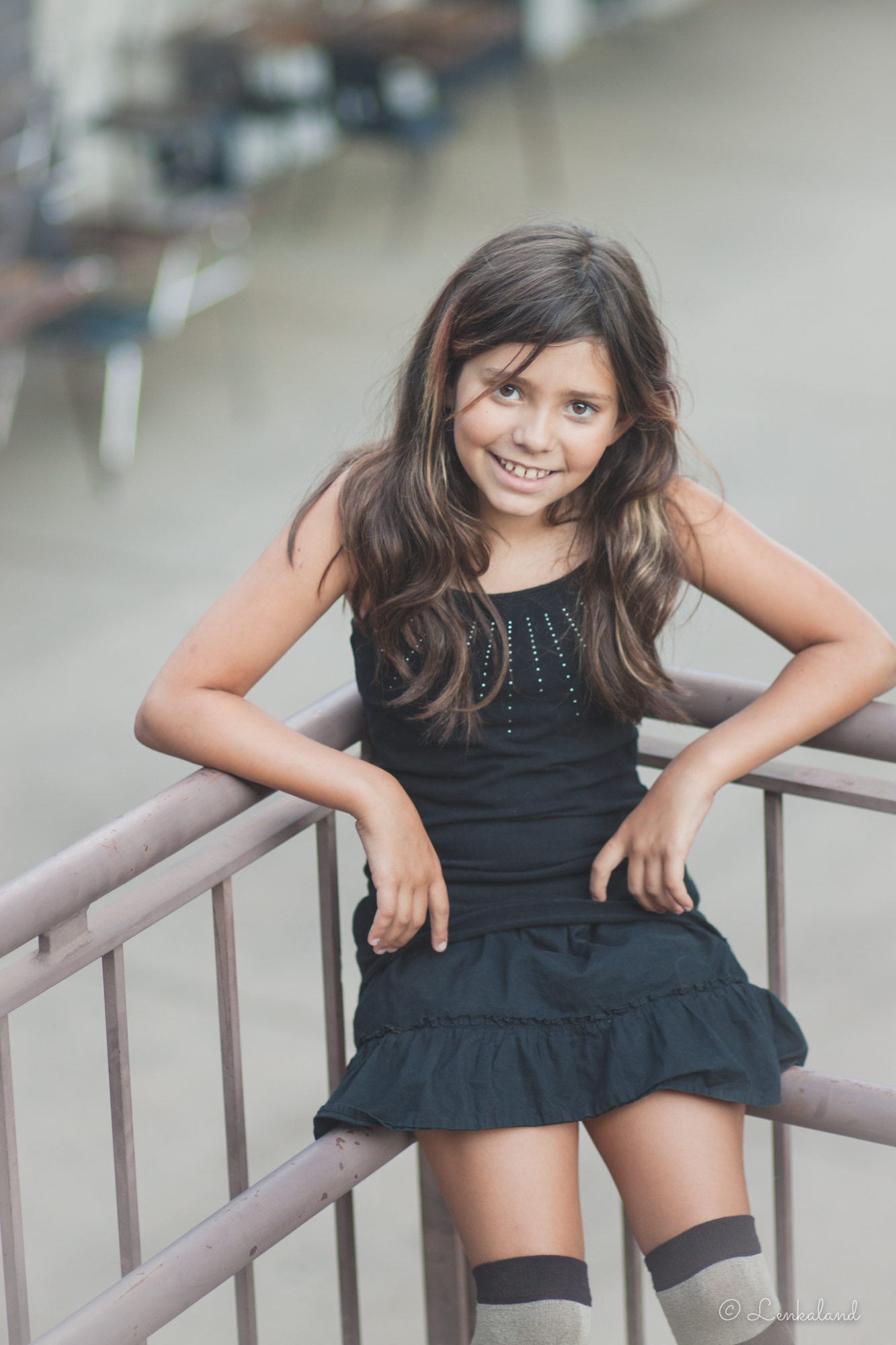Dyslexia and Learning
 How does it feel to have a disability? Hopefully not like this.
How does it feel to have a disability? Hopefully not like this.
Today I get to talk about a topic very near and dear to my heart. After years of struggles with letters and learning, my daughter was diagnosed with Dyslexia in third grade. That moment, believe it or not, was a relief.
Why?
Why would I be happy to hear that my daughter has a Learning Disability?
I taught very young children for years. And I had my own journey towards a diagnosis with my neuropathy. Many families and people outside the disability community feel a strong resistance to a diagnosis. I heard many times, "I don't want my child 'labeled.'" The idea of naming a disability can feel very threatening and scary.
I understand. We all want to believe in change. We want to believe that we can hold a future and make it come true. Facing reality can be really difficult.
But here is a truth. [pullquote width="300" float="left"]The disability isn't going anywhere.[/pullquote] Whether we name it or label it or ignore it, the disability is going to remain. And, without accommodations or modifications, that disability can cause bigger and bigger problems.
I asked my daughter yesterday if it was okay to share her story. I posted a few months ago on Melissa Taylor's website, Imagination Soup about the Early Signs of Dyslexia we saw in our home. I wanted to share them again in a podcast since Melissa recently sent me a thank you, sharing how other families find the article super-helpful.
So I asked my daughter if it was okay to share her story, and she hesitated at first. She's ten. She wants to be like her friends. She wants school to be easy. She wants to read novels. At the same time, I'm her mom. She knows how important it is for us to advocate. "Yes," she said. [pullquote width="300" float="right"]"It's important for people to know about Dyslexia. Because I didn't know before third grade. And before I knew about it, I thought I was dumb."[/pullquote]
And she is not dumb. She is brilliant. In her own way. And, with support, she is able to shine.
When I first learned her diagnosis, I wanted to learn more. What fascinates me is how learning about her dyslexia made me wonder about how we all think and learn.
Even if you are not affected by dyslexia directly in your own family, learning how we learn is fascinating.
We all have different hair, different eyes. We are tall or small. We like different foods. So why do we think that we all have the same brains?

 And by that, I mean that our education systems, from the very young through higher education, delivers information through talking and reading. A few classes may be more involved/hands-on. And I'm generalizing, of course. Many classes and teachers are dynamic and involve multiple ways to show understanding. Here in California, though, schools are implementing Common Core Standards. The Common Core not only sets very high learning standards, but expects children to show their understanding in the way they have been taught (often using an expected thought-process). Common Core is sparking big discussions/controversy. It surprises me that we continue to hold a fairly narrow view of 'intelligence'. Of course there are many types of schooling, and we are lucky if we can choose a great match for our kid.
And by that, I mean that our education systems, from the very young through higher education, delivers information through talking and reading. A few classes may be more involved/hands-on. And I'm generalizing, of course. Many classes and teachers are dynamic and involve multiple ways to show understanding. Here in California, though, schools are implementing Common Core Standards. The Common Core not only sets very high learning standards, but expects children to show their understanding in the way they have been taught (often using an expected thought-process). Common Core is sparking big discussions/controversy. It surprises me that we continue to hold a fairly narrow view of 'intelligence'. Of course there are many types of schooling, and we are lucky if we can choose a great match for our kid.
Learning about learning helps throughout life. Because many times parents won't realize their own challenges until their kids receive a diagnosis. Many of us grew up in a time when we had to 'figure it out.' and we struggled.
For example, in third grade I had to pass a timed multiplication test before moving to the next math curriculum. I could not pass those tests.
And so I believed that I was 'bad' at math. And that lasted forever. Yet, when they gave me a calculator in middle school, I got the highest grades in advanced math classes.
The biggest thing that I learned about Dyslexia is that it's not about reversing or reading backwards. Dyslexia is about processing information differently. For anyone curious about Dyslexia, or curious about how we learn, I want to share the early signs and signals we saw in our own daughter. All of these are written up over at Imagination Soup, and I discuss them (with many examples) in the podcast. We also see amazing talents, from a rich imagination to creative problem-solving in our daughter.
And what do we do? How do we help children, and ourselves, stay positive and happy, and feel successful? [pullquote width="300" float="left"]How do we nurture their gifts while supporting challenges?[/pullquote] We find what she loves. And nurture that. Right now, she loves her friends. The social engagement on private accounts are helping her read and write in a way that she enjoys.
 We monitor her interactions closely, of course. We are also constantly searching for new ways to engage her while building skills.
We monitor her interactions closely, of course. We are also constantly searching for new ways to engage her while building skills.
How will we keep her bright and shining? How will we keep up with schoolwork? And not get overwhelmed as she works so hard just to scrape by?
Big questions. That I ask myself every day. For now, patience. And sharing. And creating a community that supports all learners.
I want more photos like this one. I hope that she doesn't feel that Dyslexia weighs her down. Instead, I hope she sees it as part of the whole of herself.
And she is amazing.
I hope that you enjoy the podcast! Listen here or subscribe on iTunes to the Disability Community Podcast.
Resources:
Early Signs of Dyslexia on Imagination Soup (all the signs are written here): Special thanks to Melissa for letting me share our story on her website :)
My Pinterest Board for Different Learners (resources for alternative learning and support)
My Pinterest Board for Engaging and Fun Learning Activities
Video showing how Anika isolates sounds. Even at two, she didn't put sounds together to say her own name.
Thank you for listening!



